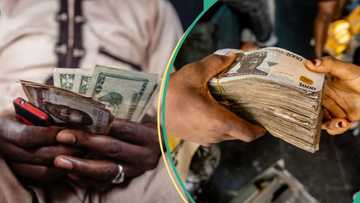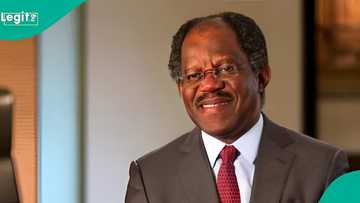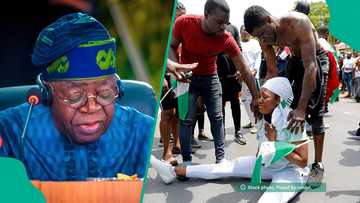"Nigeria in China’s Net?" FG Seeks Fresh $2 Billion Loan as Debt Burden Deepens
- The Nigerian government is set to borrow a fresh $2 billion loan from China, which experts say may increase the country’s debt profile
- The minister of Power, Adebayo Adelabu, said the new facility will be channelled into developing the country’s super grid
- Reports say talks have advanced, and the new loan may land in Nigeria’s accounts sooner than expected
Pascal Oparada, a reporter for Legit.ng, has over ten years of experience covering technology, energy, stocks, investment, and the economy.
Nigeria’s debt to China is set to rise as the Federal Government enters advanced talks with the Export-Import Bank of China for a $2 billion loan to fund a new electricity “super grid.”
The plan, officials say, will boost power transmission and reliability across the country’s industrial heartlands—but analysts warn it could further entangle Africa’s biggest economy in Beijing’s web of debt diplomacy.
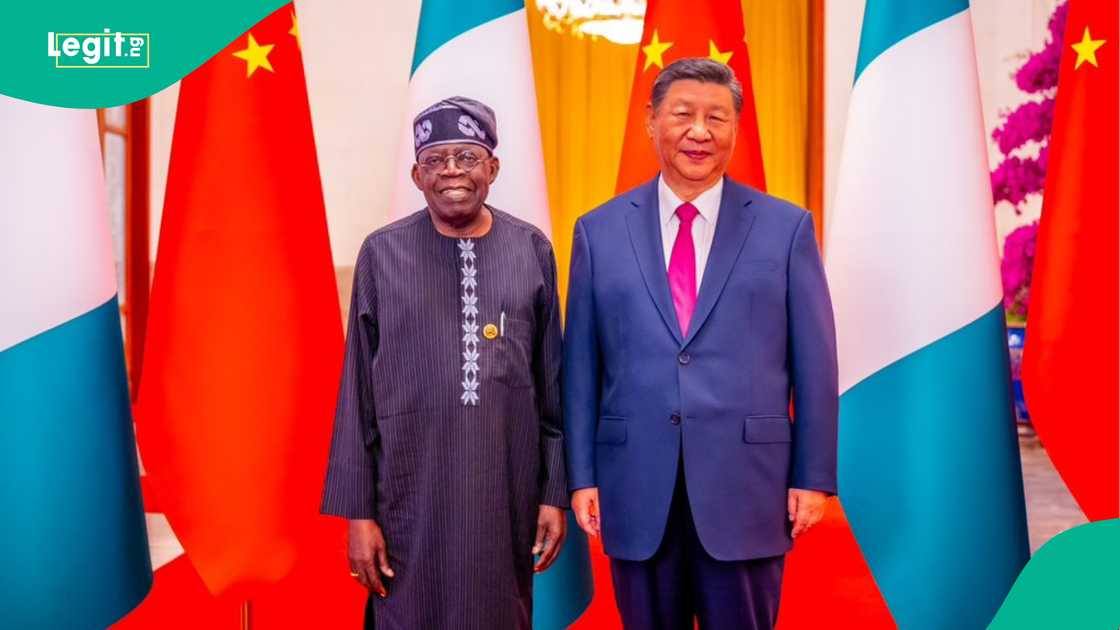
Source: Twitter
The super grid vision
Minister of Power, Adebayo Adelabu, revealed the plan at an economic summit in Abuja, explaining that the project will link the eastern and western regions through a modern high-capacity grid system.
According to him, the goal is to decentralise power generation, reduce dependence on self-generation, and lure back manufacturers who have abandoned the national grid due to chronic instability.
“We’re decentralising power generation and bringing back heavy users who left the grid due to unreliability,” Adelabu said.
Cabinet approval for the loan has already been secured, while discussions with China’s Exim Bank are said to be at an advanced stage, according to Bloomberg.
Nigeria’s energy crisis
Nigeria’s electricity sector has long struggled with inefficiency and poor transmission capacity. Although the country’s installed generation capacity is about 13 gigawatts, less than a third actually reaches consumers.
Frequent grid collapses and weak infrastructure have forced many companies to generate their own electricity, a costly measure that now accounts for nearly half of total power consumption nationwide.
For comparison, South Africa, whose population is just a quarter of Nigeria’s, has 70 gigawatts of installed capacity. This disparity underscores the scale of Nigeria’s infrastructure gap and the urgent need for upgrades.
China’s expanding footprint in Nigeria
While the proposed grid may improve power delivery, it also raises questions about Nigeria’s growing debt exposure to China, which already funds several major infrastructure projects, including railways, airports, and highways.
As of mid-2024, Nigeria owed over $4 billion to Chinese lenders, representing about 10% of its total external debt.
Economic experts have cautioned that continued borrowing—especially from a single creditor- could increase Nigeria’s vulnerability and limit its fiscal flexibility in the future.
Tinubu’s reform push meets fiscal reality
Since taking office in 2023, President Bola Tinubu has rolled out sweeping reforms, including fuel subsidy removal, a foreign exchange overhaul, and tariff adjustments for urban electricity consumers.
These changes have boosted power sector revenues by about 70% in 2024, according to Adelabu, with further gains projected to hit ₦2.4 trillion ($1.6 billion) by year-end.
However, with inflation still biting and debt service consuming a large share of government revenue, critics warn that piling on new foreign loans—even for critical infrastructure- could worsen Nigeria’s debt sustainability.
Balancing growth and debt
Supporters of the super grid project argue it’s a strategic investment that could unlock industrial growth and reduce reliance on imported fuels.
But sceptics fear that another round of Chinese borrowing may trade short-term relief for long-term dependency.
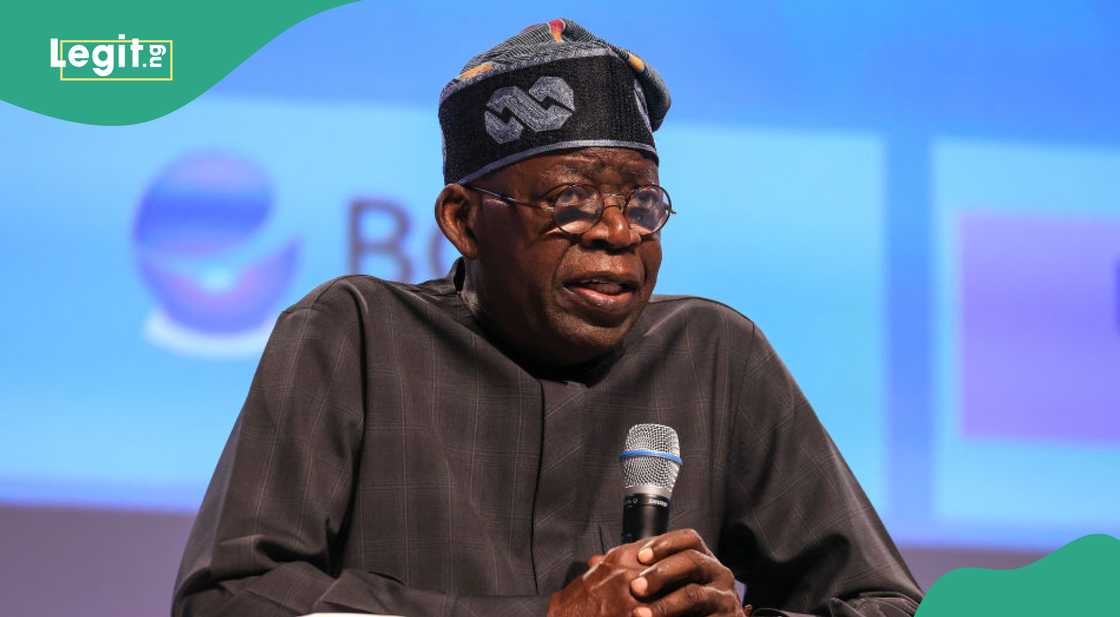
Source: Getty Images
As Nigeria seeks light through the power grid, the question remains: Will this $2 billion deal spark real progress—or another cycle of debt and dependence?
Nigeria exits the IMF's debtors' list
Legit.ng earlier reported that as the second half of 2025 progresses, more and more African countries are facing problems due to their high debt obligations to the International Monetary Fund (IMF).
Even though IMF-supported initiatives are intended to stabilise the economy over time, they have occasionally resulted in painful austerity measures that incite popular unrest in nations like Ghana and Malawi.
These monetary commitments, which were frequently made to close budget gaps, increase foreign reserves, or keep economies stable during severe crises, have now developed into serious dangers.
Source: Legit.ng

